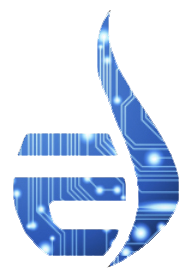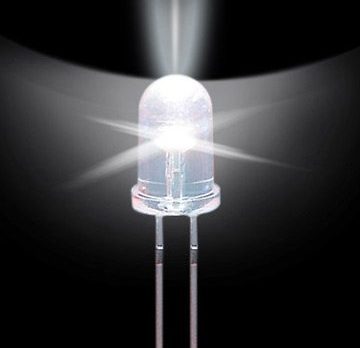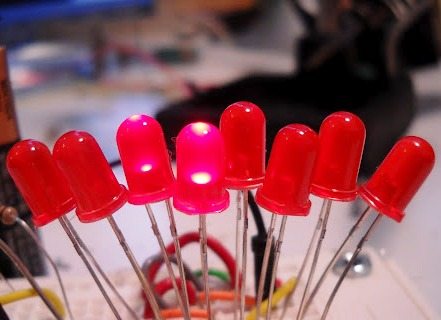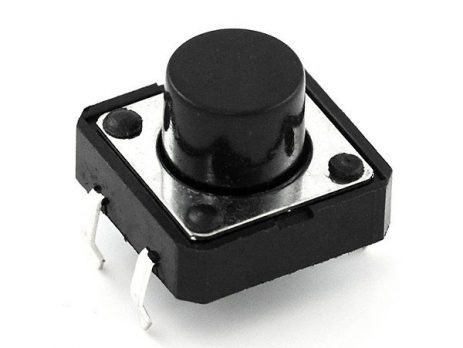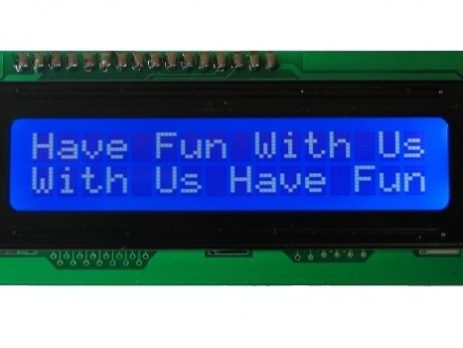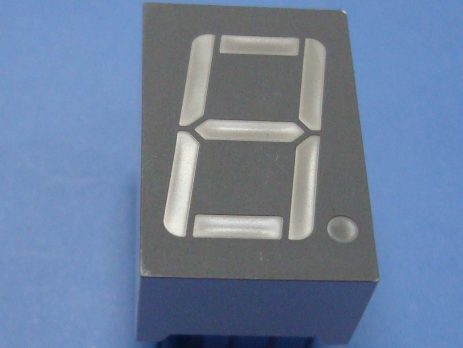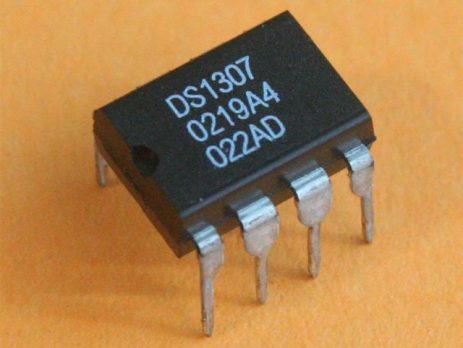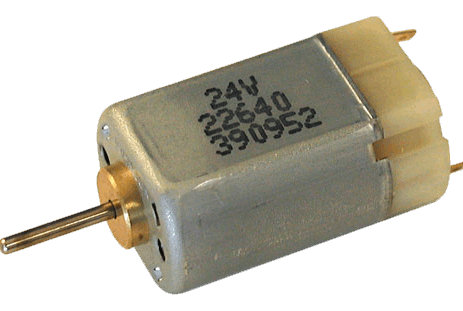PIC Microcontroller MikroC Tutorials.
MikroC is the best compiler for beginners as it provides a lot of built in libraries. A beginner can do projects without knowing more about hardware.
Blinking LED using PIC Microcontroller – MikroC
Welcome to the world of PIC Microcontrollers. You are in the right place if you are a beginner in the filed of microcontrollers. MikroC is the best compiler for beginners as it contains built in functions for most of the commonly used tasks. But MikroC is less efficient and the hex file generated will be large size compared to other compilers. So I suggest you to use Hi-Tech C compiler by Microchip after you get familiar with microcontrollers. Note that,...
